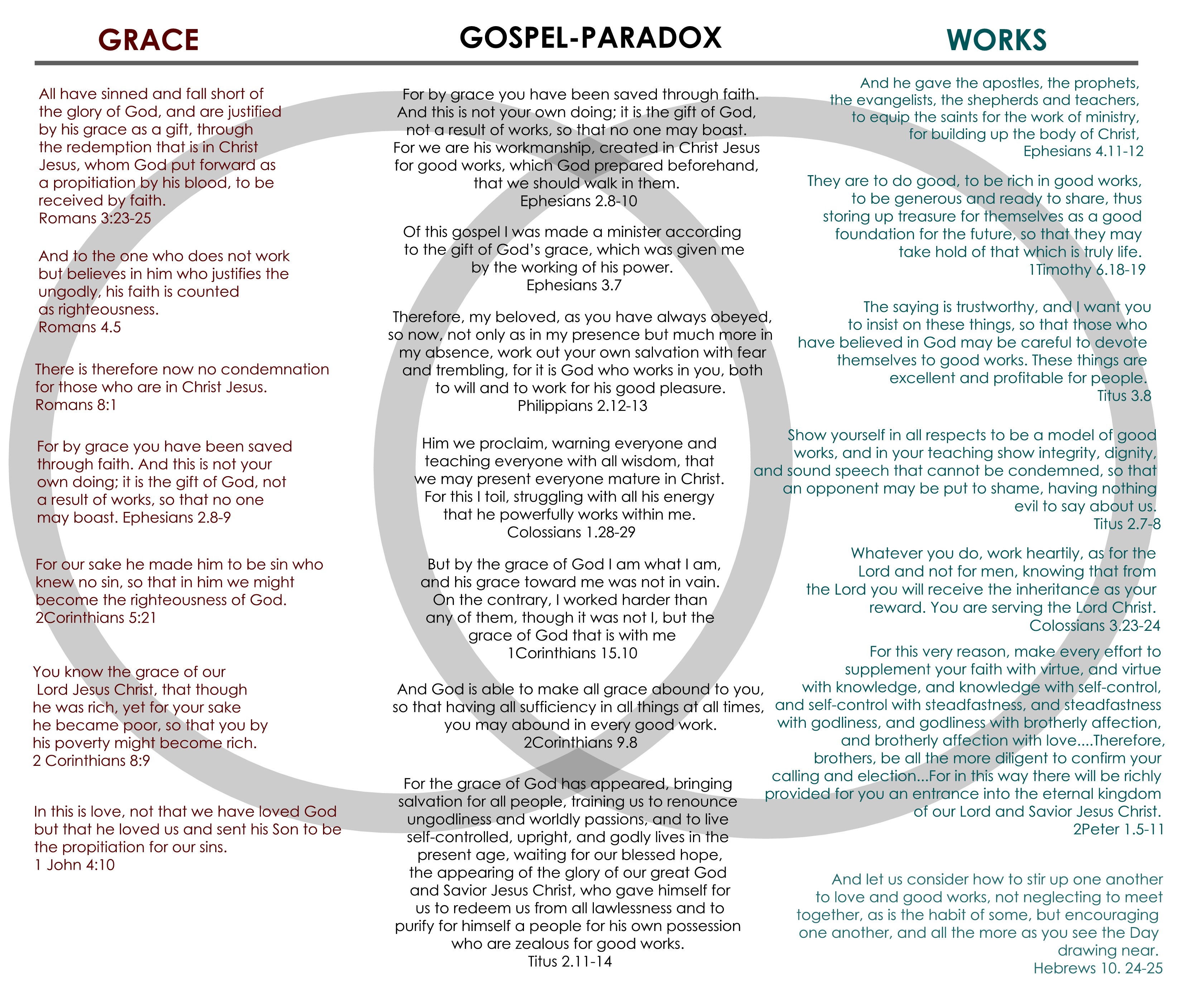I love the disciples of Jesus. The gospel narratives (unlike much of church history) never give us a  picture of a group spiritual giants faithfully following Jesus and taking in every word without question, On contrary, they give us a picture of men who are regularly confused, even disturbed, by many of the “strange” things that Jesus said. More than that, they are often trying to find ways to interpret what Jesus meant–because taking it literally would just be downright nuts. A good example is when Peter, James, and John are coming down the mountain after experiencing the transfiguration of Christ in Mark 9.9-10:
picture of a group spiritual giants faithfully following Jesus and taking in every word without question, On contrary, they give us a picture of men who are regularly confused, even disturbed, by many of the “strange” things that Jesus said. More than that, they are often trying to find ways to interpret what Jesus meant–because taking it literally would just be downright nuts. A good example is when Peter, James, and John are coming down the mountain after experiencing the transfiguration of Christ in Mark 9.9-10:
And as they were coming down the mountain, he charged them to tell no one what they had seen, until the Son of Man had risen from the dead. So they kept the matter to themselves, questioning what this rising from the dead might mean.
I find this both hilarious and eerily familiar. They are told by Jesus, someone they just saw glorified, that he is going to rise from the dead. Of course, that implies that he is going to die, which is simply too difficult to imagine at this point (or any point until it actually happens). This not the first time this happens. By THIS, I mean, the tendency for the disciples to not take Jesus literally–“he can’t mean what I think he means.” And though, being a Christian 2000 years after the crucifixion and resurrection of Christ, understanding our Lord literally here isn’t really a struggle, I am left to consider how many times I refuse to take literally some of the other statements of Christ. You know the ones I am talking about, the ones that offend my emotions, challenge my intellect, or simply make me too uncomfortable.
And while I am not suggesting that Jesus never employs figurative language in teaching (See John 6.51), I am wondering how many times we avoid some of the “harder” commands (or statements) by wrongly dismissing them as figurative…because literal Jesus is just too inconvenient. .



